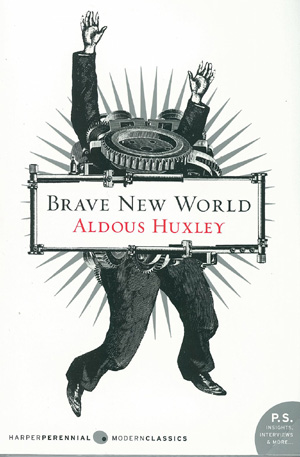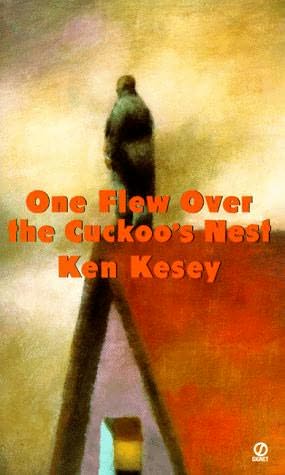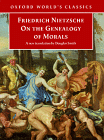Here are some of those books:
The Sun Also Rises

Great example of cutting the flowery nothingness out of prose. His writing is direct and to the point so be careful you pay attention or you might miss something
Slaughter House Five

Probably one of the craziest books I have read. It is fun to read even if you can't understand what Kurt Vonnegut is trying to say.
1984

Note* This book is super depressing. Great book but there is no hope at the end of it. There is not even a martyr. If you like happy endings this might not be the book for you.
Brave New World

Huxley also wrote The Island. I have only seen the movie version of that book. This book is great if you like science fiction but feel like you should read something with a little more substantial meaning.
One Flew Over the Cuckoo's Nest

Great book if you like psychology. Shows many of the horrendous things that were done in early psychiatric institutions.
Where the Red Fern Grows

I loved reading this book as a kid. I have read it multiple times and I cried every time.
To Kill a Mockingbird
Harper Lee's only book. It is a masterpiece. Every American should read this book. I think that most do. The movie is not a good enough substitute. It is not completely true to the book. Notice how they make Miss Atkinson, a white neighbor, the kids' mother figure in the movie where as the in book Calpurnia, their African American cook, is their mother figure.
Great books. What is your favorite literature?








